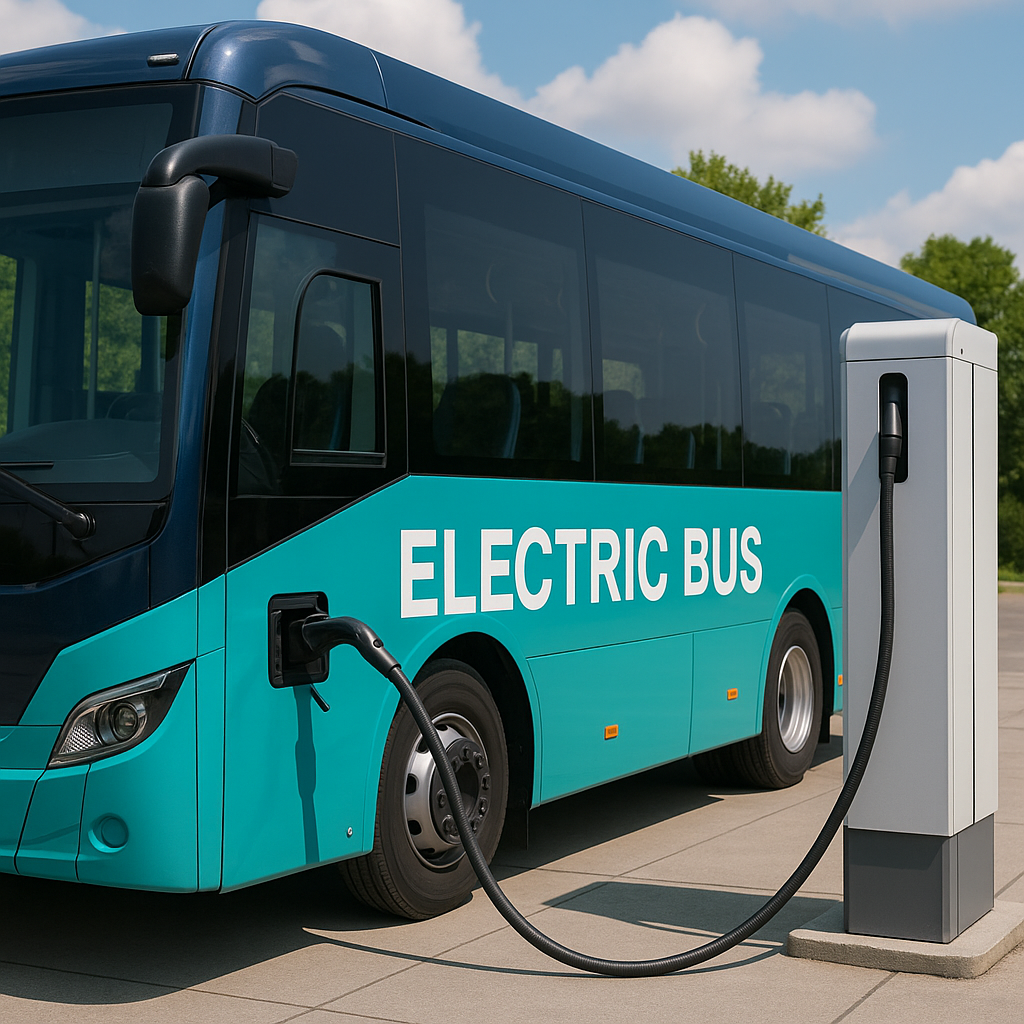The Punjab government has unveiled an ambitious clean‑mobility initiative aimed at fundamentally transforming public transport across the province. On June 21, Chief Secretary Zahid Akhtar Zaman chaired a high‑level meeting—attended by transport and health secretaries, Lahore Waste Management Company leadership, and all district commissioners—to overview the rollout of 2,000 new EV charging stations alongside 600 battery-powered buses in its initial phase .
2,000 EV Charging Stations: Lighting Up the Future
In a bold eco‑transition, Punjab plans to deploy 2,000 charging stations across every district. Commissioners have been tasked to identify strategic locations for both chargers and bus depots, ensuring maximum coverage .With this infrastructure, electric buses can operate effectively across the province, setting a new benchmark for sustainable urban mobility in Pakistan.
600 Electric Buses: Phase One Deployment
The initial phase will roll out a fleet of 600 electric buses, following directives from Chief Minister Maryam Nawaz. This launch showcases international‑standard, comfortable mass transit that reduces air and noise pollution .These electric buses are expected to serve densely populated routes and act as precursors to a wider electrified network.
Governance, Safety & Admin Reforms
Alongside electrification, the government emphasized parallel reforms:
- Anti‑overloading campaign: Reduced risk and safer rides for commuters .
- Revenue code crack‑down: A zero‑tolerance stance on corruption to fast‑track bureaucratic responsiveness .
- Digitised land records: Aiming for transparent governance and increased public convenience .
- Stray dog safety measures: Tackling public health risks while promoting community safety and wellbeing.
Environmental & Social Impact
This pioneering initiative promises a “green” revolution—reducing Punjab’s urban carbon footprint while setting a strong example for sustainable transit in Pakistan .With electric buses replacing diesel fleets, passengers stand to benefit in cleaner air, quieter journeys, and lower operating costs for the province.
What Lies Ahead?
Officials will next focus on fast-tracking site identification, procurement, and setting up charging hubs and bus depots. Provincial authorities have pledged enduring oversight and swift action to ensure that the buses and chargers become operational in the coming months.
This marks one of Pakistan’s largest-ever public transport overhauls—coupling modern infrastructure with sustainability, safety, and improved administrative practices.
Final Take
Punjab’s plan to install 2,000 charging stations and introduce 600 electric buses represents a landmark step toward sustainable urban mobility. It’s a vision rooted in environmental responsibility, commuter safety, and administrative integrity—benefiting citizens today and future generations alike.



